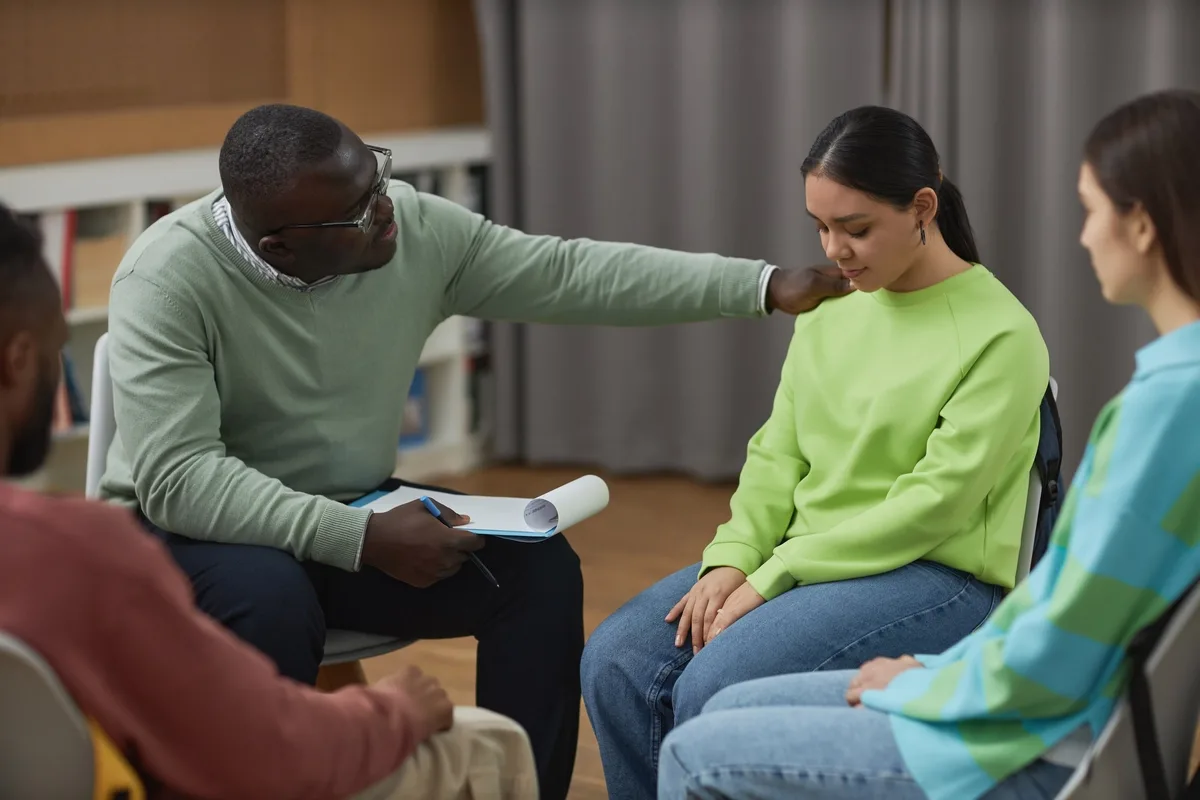24/7 Helpline:
(866) 899-221924/7 Helpline:
(866) 899-2219
Learn more about 60-day Rehab Program centers in Lorida
60-day Rehab Program in Other Cities

Other Insurance Options

Ambetter

Highmark

Providence

Sliding scale payment assistance

Humana

Excellus

Molina Healthcare

Health Choice

Multiplan

Holman Group

State Farm

United Health Care

Premera

Health Net

WellCare Health Plans

WellPoint

Sutter

Lucent

Carleon

Covered California












